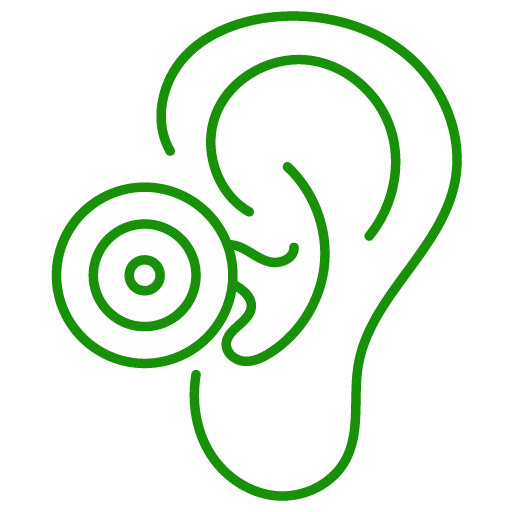Ear Conditions Overview
Ear Conditions
Do you hear a buzzing sound in your ears or feel a blockage? It might be an indication that you are suffering from an ear problem. Ear problems can be very inconvenient because they can majorly impact your daily life, from daily communication to listening to your favourite music. In today's fast-paced world, our ears are bombarded with sounds, pressures, and even the silent threat of earbuds playing the latest podcast a tad too loudly. Arguably, ear issues are rising, leaving many seeking relief and answers.
At Mobi Doctor, we are here to help you with all your ear problems. We understand that each earache, about of tinnitus, and instance of hearing loss can profoundly impact your daily life. That's why our team is dedicated to addressing your concerns and getting to the root of your ear problems.
We use a simple and hassle-free process. Once you book a consultation with us, one of our medical experts will contact you. They will comprehensively review your symptoms, lifestyle, and medical history. Whether it's an annoying ringing, a painful infection, or a concerning hearing loss, we're here to listen and pinpoint the cause. Ear problems can occur due to genetics, environmental factors, or even habituation. We do identify these problems and specify a tailored solution at Mobi Doctor.
But our commitment doesn't stop at diagnosis and treatment. At Mobi Doctor, we empower you with knowledge and preventive measures. We'll share insights on protecting your ears from daily hazards, from moderating headphone volume to safeguarding against environmental noises. Plus, we'll guide you through ear care routines that support long-term ear health, ensuring you're equipped to keep those ear issues at bay.




